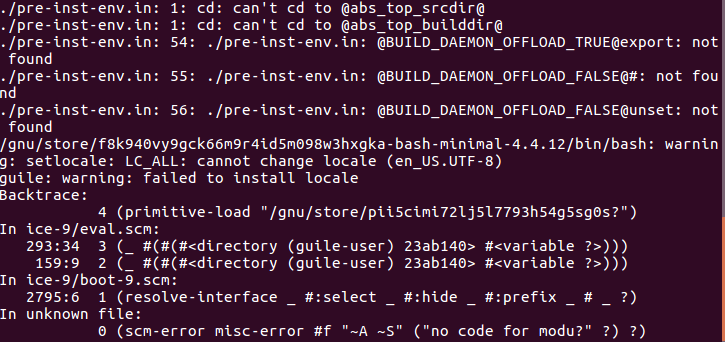Got it. CC-ing them.
I created a patch file for the package definition of python-logwrap that I'm including here. I'm a little unsure if my patch is right because my ./pre-inst-env.in guix build r-abbyyR fails with some error. 
1. I'd like to know the best times to contact you.